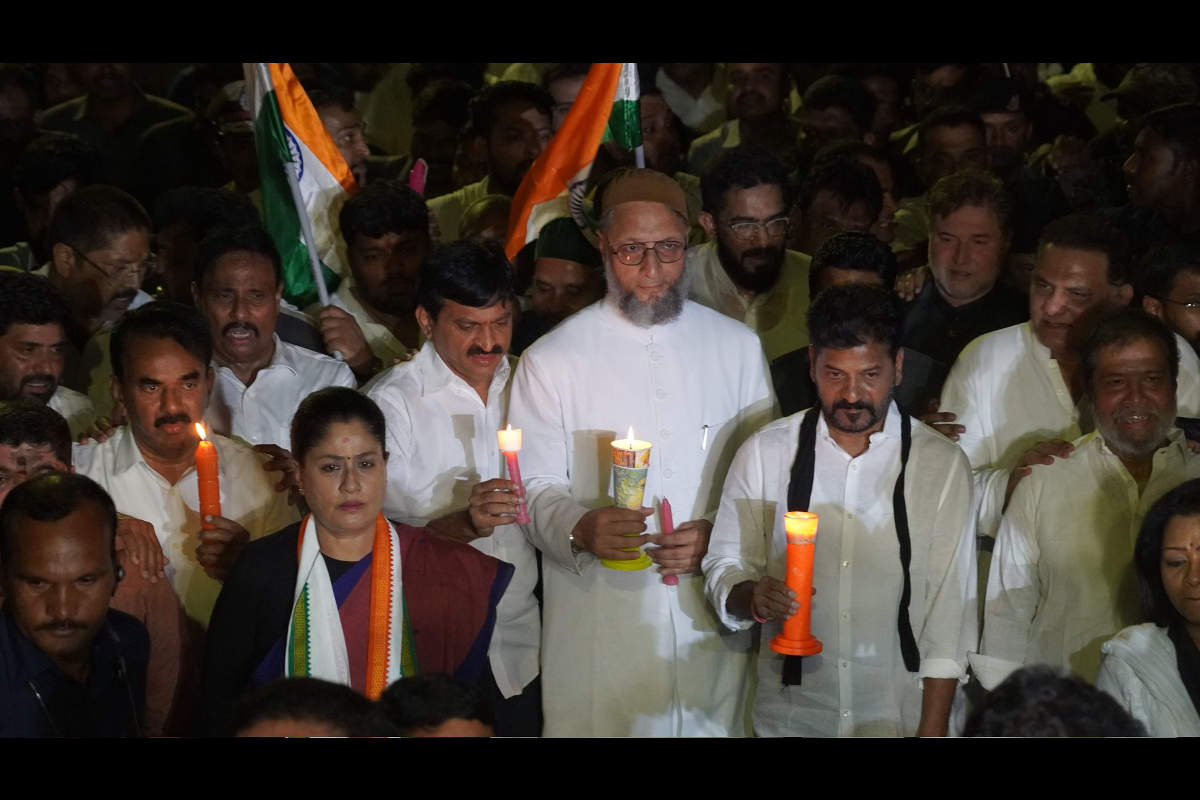
Pakistan PM Shehbaz Sharif offers to participate in a neutral investigation into the deadly Pahalgam terror attack, while India escalates diplomatic tensions with Pakistan in response to the incident.
The recent terror attack in Pahalgam, Jammu and Kashmir, which claimed the lives of 26 people, including a Nepalese national, has triggered high-level diplomatic and security responses. Pakistan Prime Minister Shehbaz Sharif has expressed his country’s willingness to engage in a neutral and credible investigation into the attack. India, however, has taken several punitive measures against Pakistan, accusing it of harboring cross-border terrorism.
Pakistan’s Response to Pahalgam Terror Attack
Shehbaz Sharif’s Offer for Neutral Investigation
In a statement addressing a military ceremony in Khyber-Pakhtunkhwa, Pakistan Prime Minister Shehbaz Sharif emphasized Pakistan’s openness to participating in a transparent and neutral investigation into the deadly terror attack in Pahalgam. Sharif condemned terrorism and reaffirmed Pakistan’s commitment to maintaining regional peace.
Role of Pakistan-Based Terror Groups
The terror attack was claimed by the Resistance Front (TRF), a proxy for the Pakistan-based Lashkar-e-Taiba. Intelligence reports suggest that key suspects in the attack received training in Pakistan before infiltrating India. This has intensified accusations against Pakistan regarding its support for cross-border terrorism.
Diplomatic Fallout: India’s Response to Pakistan
India Takes Strong Diplomatic Measures
In retaliation, India has implemented several diplomatic measures, including downgrading the personnel strength of Indian and Pakistani diplomatic missions. Both countries will reduce their staff from 55 to 30 by May 1, 2025. The expulsion of Pakistani defense, naval, and air advisors from India further escalates tensions.
Suspension of Key Agreements
India has also suspended the SAARC Visa Exemption Scheme for Pakistani nationals, cancelling all visas issued under the program. The suspension of the Indus Waters Treaty of 1960 is a significant move, with India declaring it will remain in abeyance until Pakistan “credibly and irrevocably abjures its support for cross-border terrorism.”
Military Tensions Along the Line of Control (LoC)
Continued Military Exchanges
As diplomatic tensions rise, military confrontations between Indian and Pakistani forces along the Line of Control (LoC) continue. Pakistani troops have engaged in unprovoked firing, with Indian forces responding. No casualties have been reported from either side, but the situation remains tense.
For more updates on the diplomatic and military developments following the Pahalgam terror attack, visit NDTV Official News Channel.
Read Also: Revanth Reddy Urges PM Modi to Merge PoK with India After Pahalgam Terror Attack
Conclusion:
The Pahalgam terror attack has become a focal point of diplomatic and military tensions between India and Pakistan. While Pakistan offers to participate in a neutral investigation, India has taken robust steps to hold Pakistan accountable for its alleged support of terrorism. With military exchanges continuing along the LoC, the situation remains volatile, and the international community is closely monitoring developments.
End Point:
As tensions escalate between India and Pakistan, the possibility of a diplomatic resolution appears uncertain, with both nations continuing to stand firm in their respective positions.







